
Spying vs. Spying
The United States and China should be putting their surveillance capabilities to better use.

The United States and China should be putting their surveillance capabilities to better use.
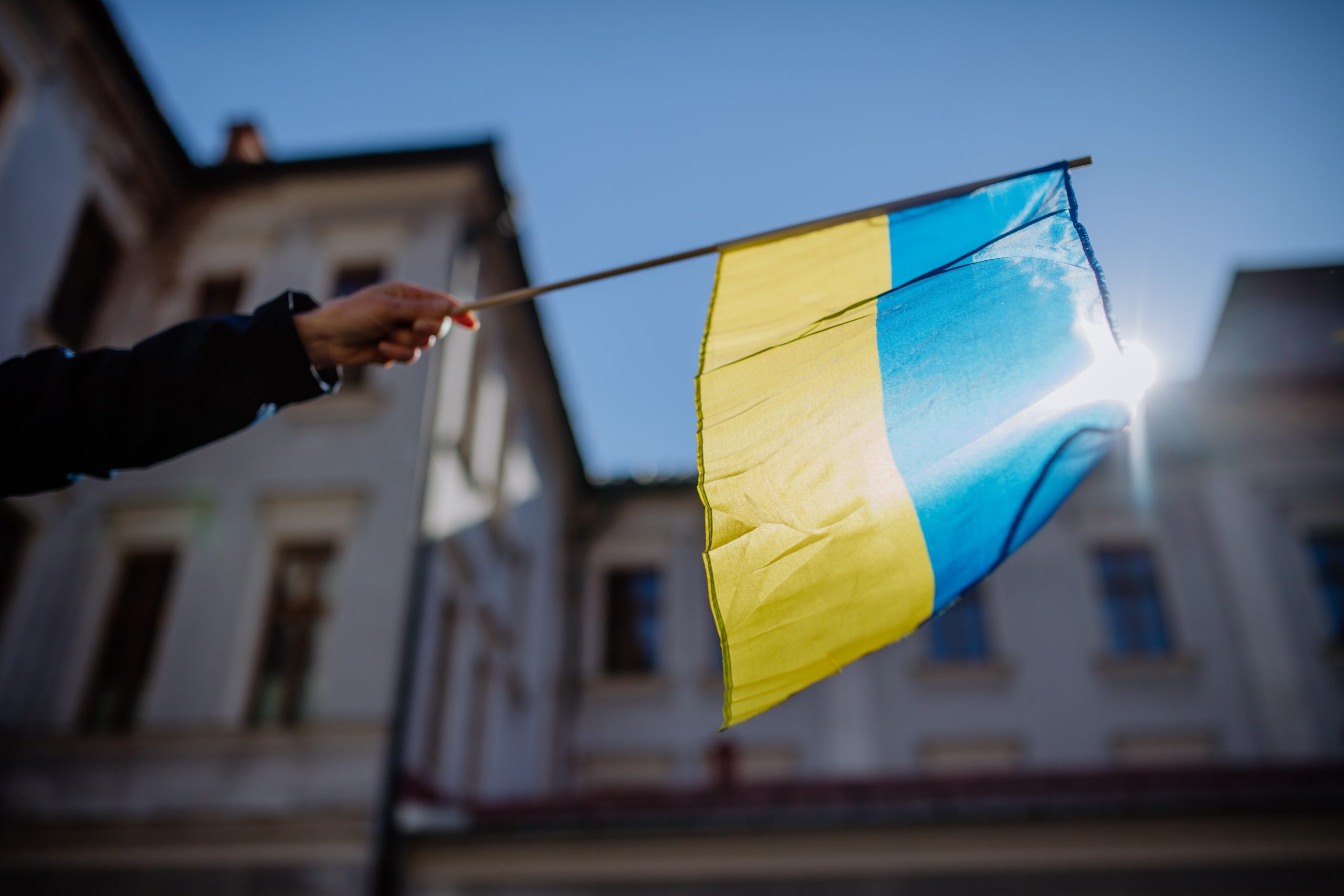
The United States doesn’t have much to say about Ukraine, because it claims Russia is unwilling to talk. It’s up to our movements to demand more.

According to a new study, peaceful countries are getting more peaceful while the violent are getting more violent.
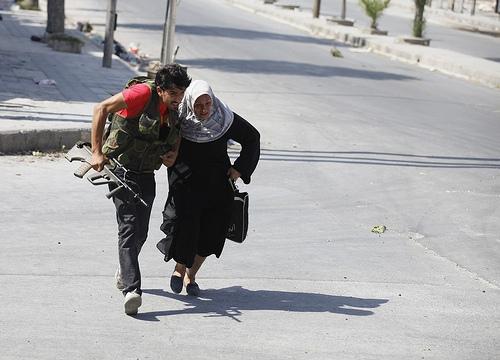
Syria is emerging as a metaphor for the fragmentation and chaos that the modern world barely contains.

Pharmaceutical execs are getting incredibly rich making life-saving medications incredibly expensive.

The logic of military spending leads countries to effectively destroy their own property and burn down their own villages.
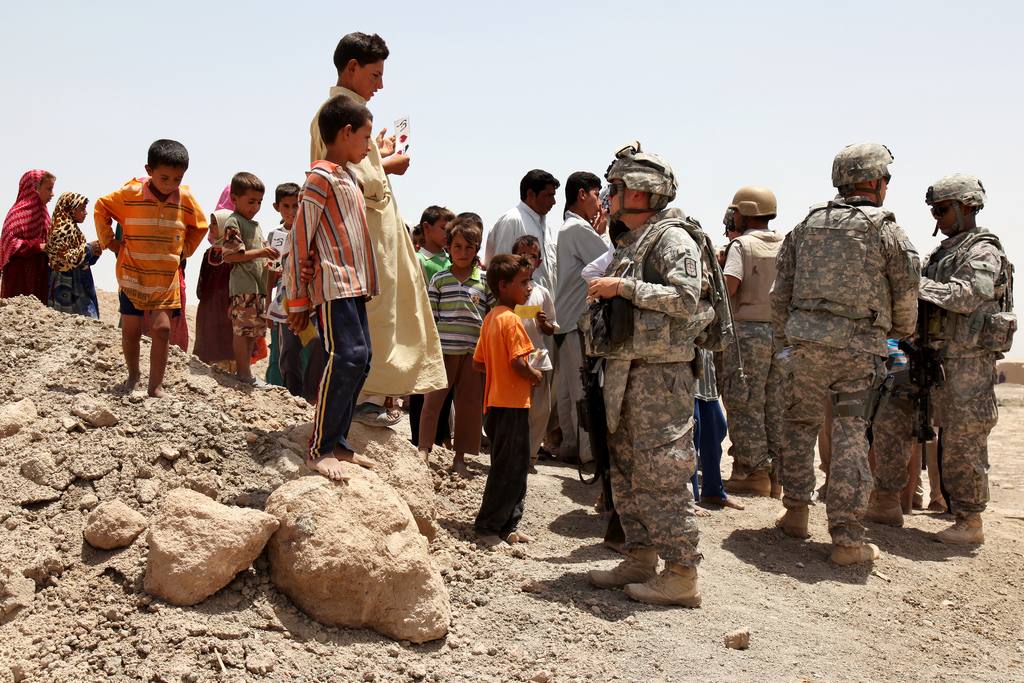
Five years after the Arab Spring began, four experts debate a pressing question that remains unsettled on the left.
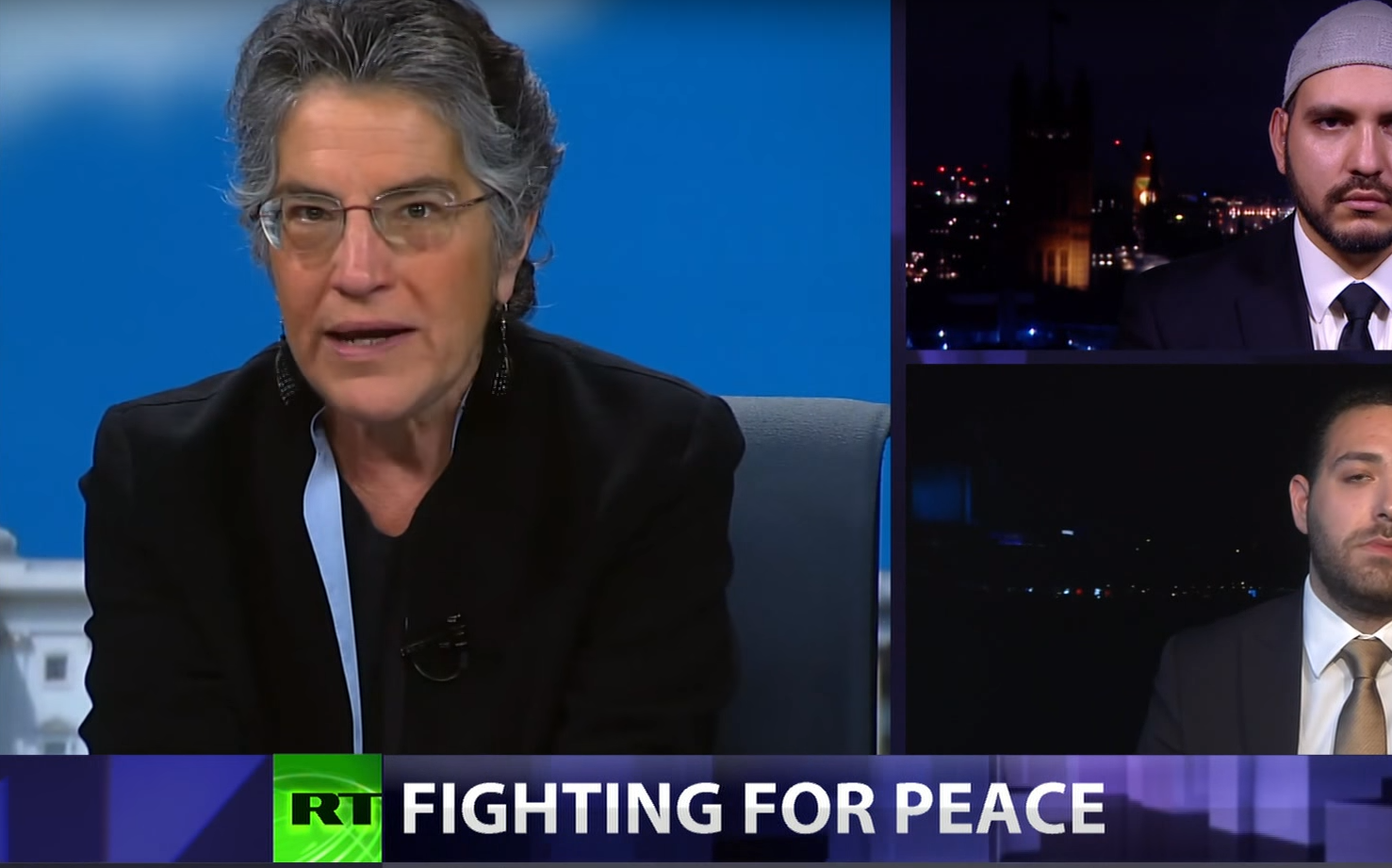
Syrians are paying the price for the regional and global proxy fights taking place alongside the civil war there.
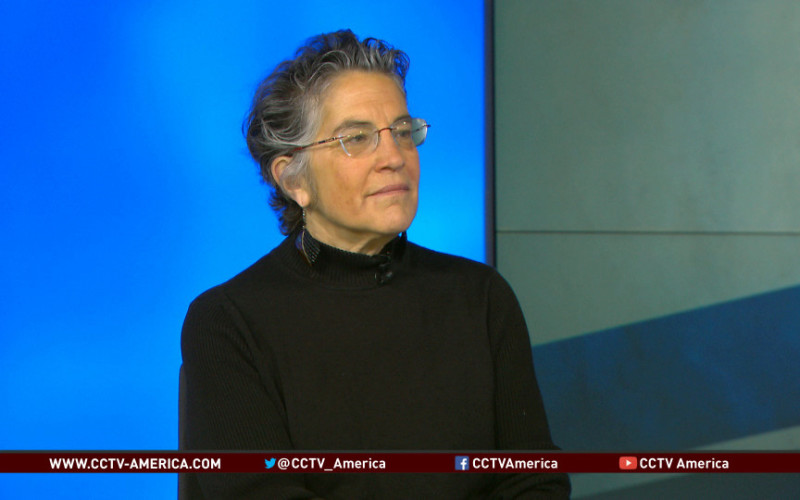
Netanyahu requests a $2 billion increase in military aid on top of the more than $3 billion worth of weaponry that U.S. taxpayers provide to Israel each year.
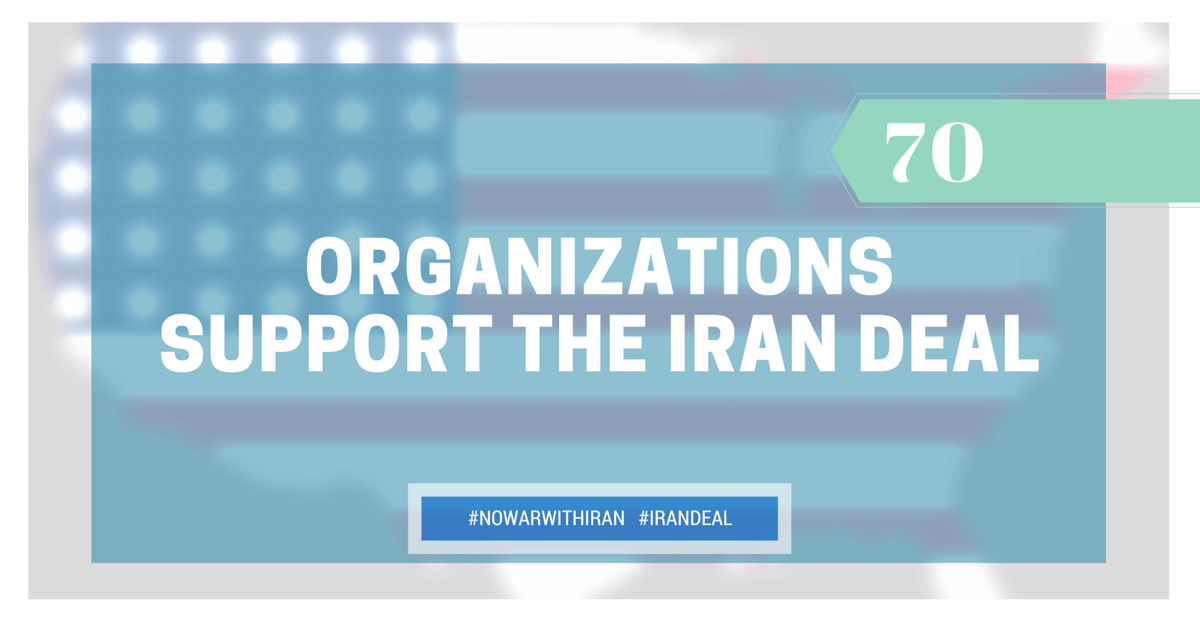
Open Letter Urges Congress to Take Path of Diplomacy, Not War
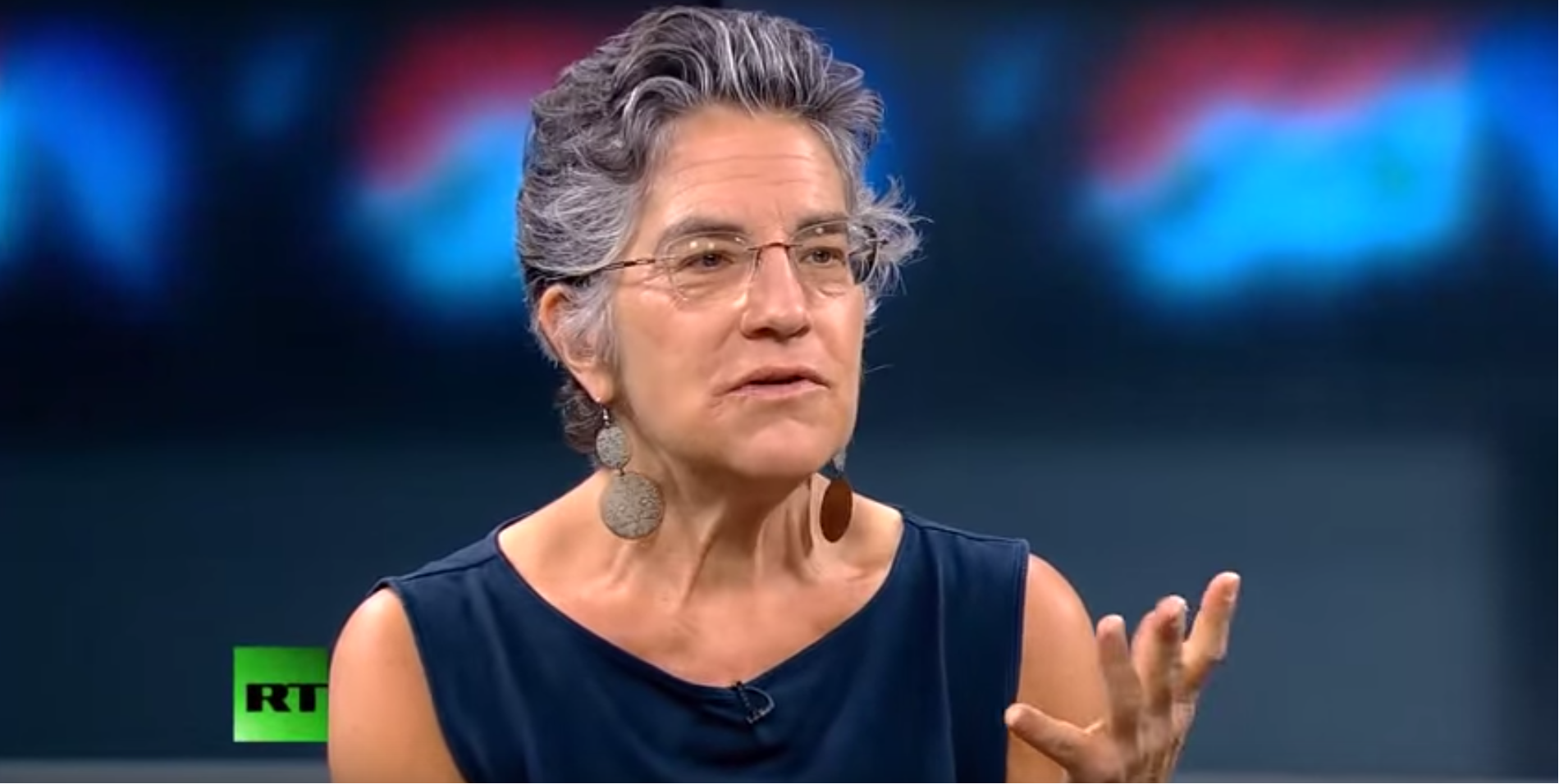
On what legal grounds can the White House justify airstrikes against ISIS?

Phyllis Bennis discusses the rise of ISIS and U.S. foreign policy since the September 11, 2001 attacks

Phyllis Bennis discusses the Iranian nuclear agreement as a beginning, not an end, for relations between the U.S. and Iran
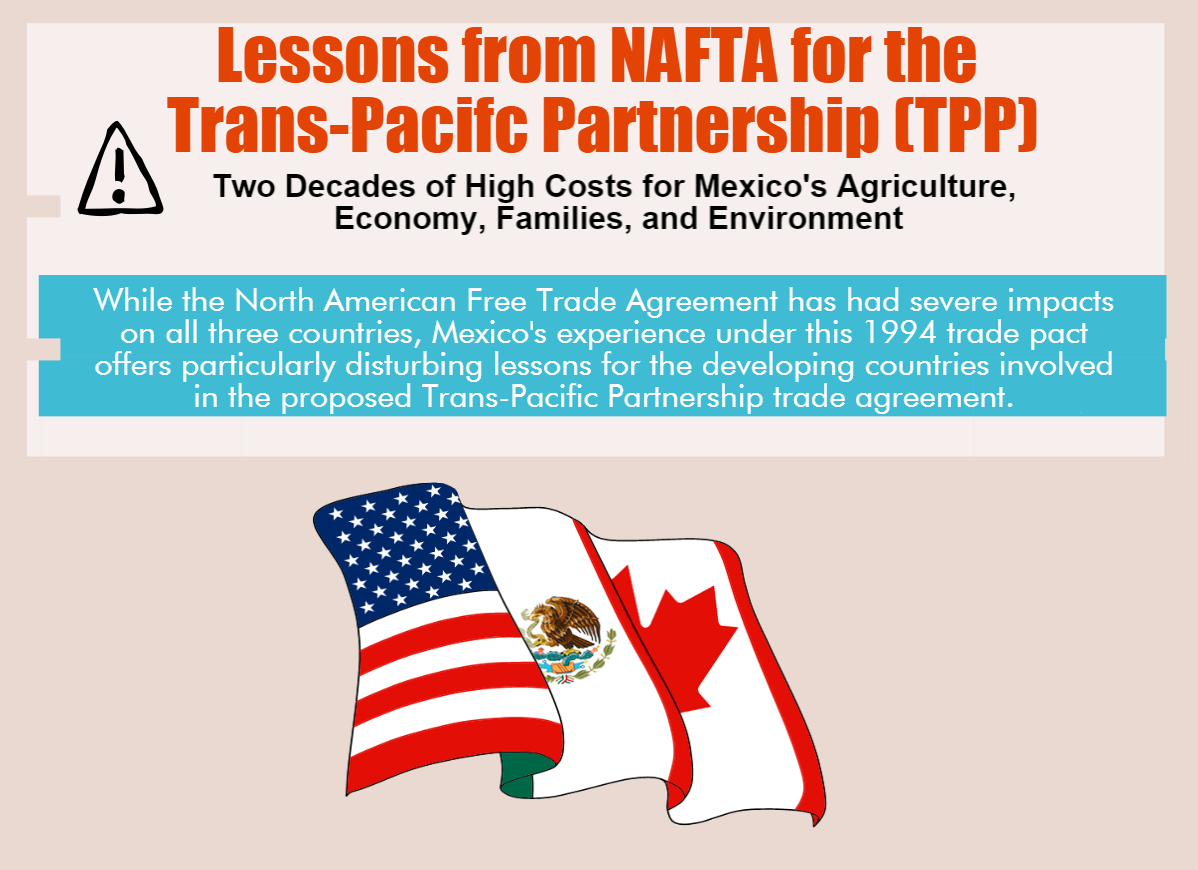
Two decades of high costs for Mexico’s agriculture, economy, families, and environment